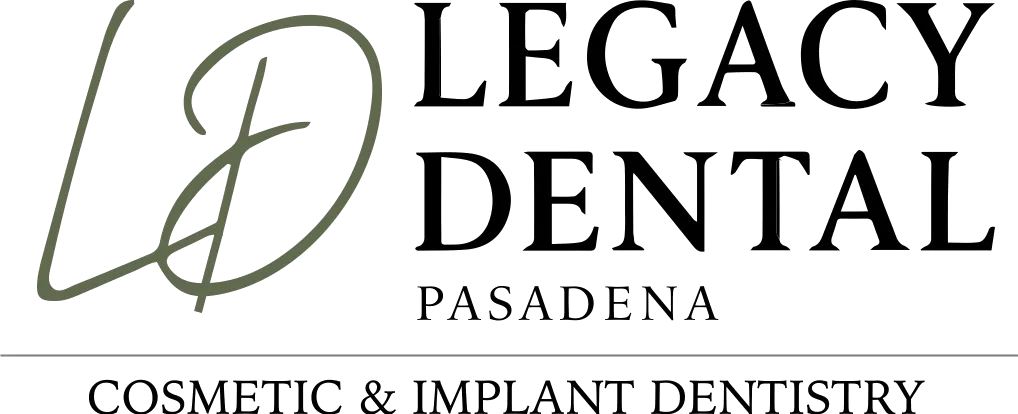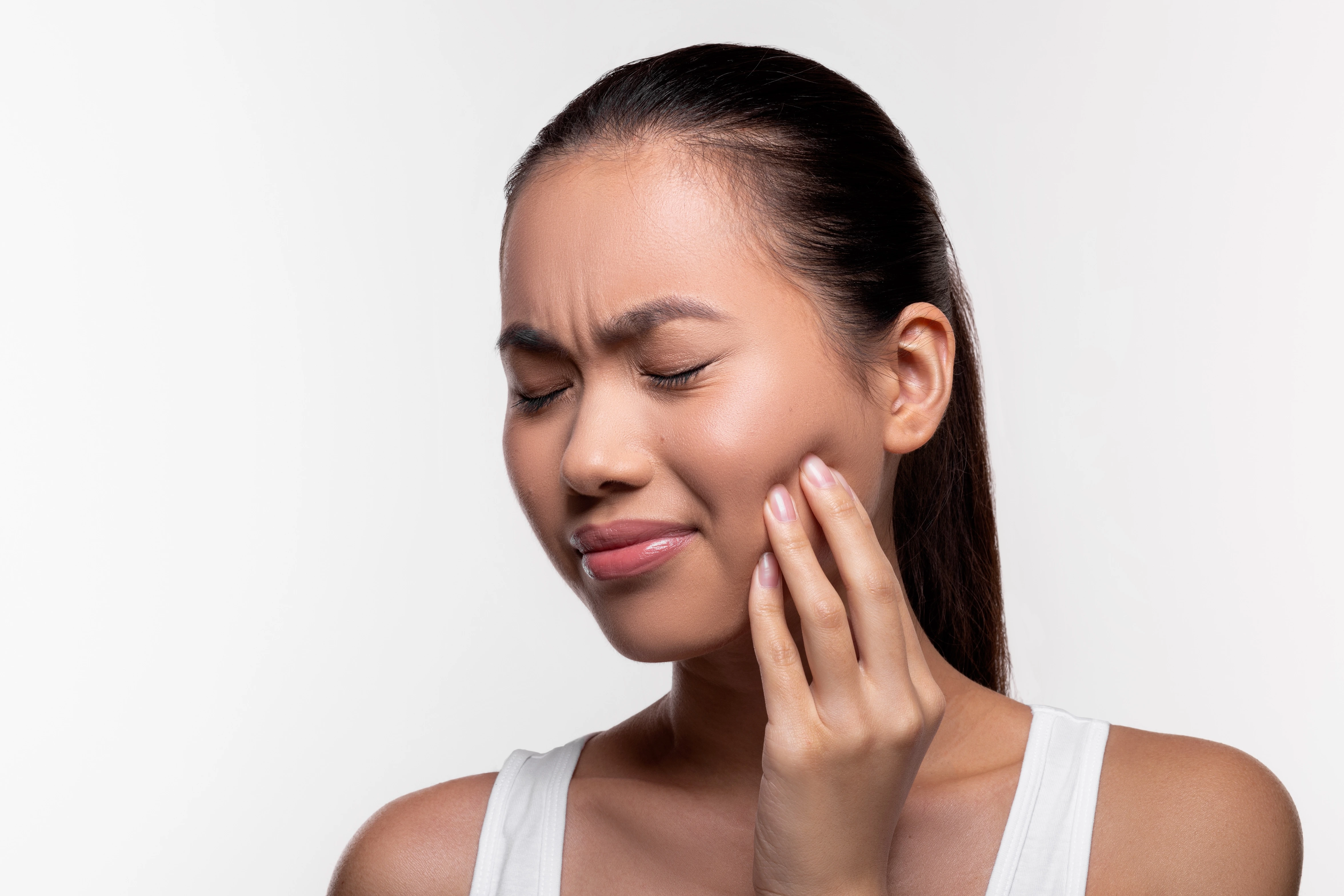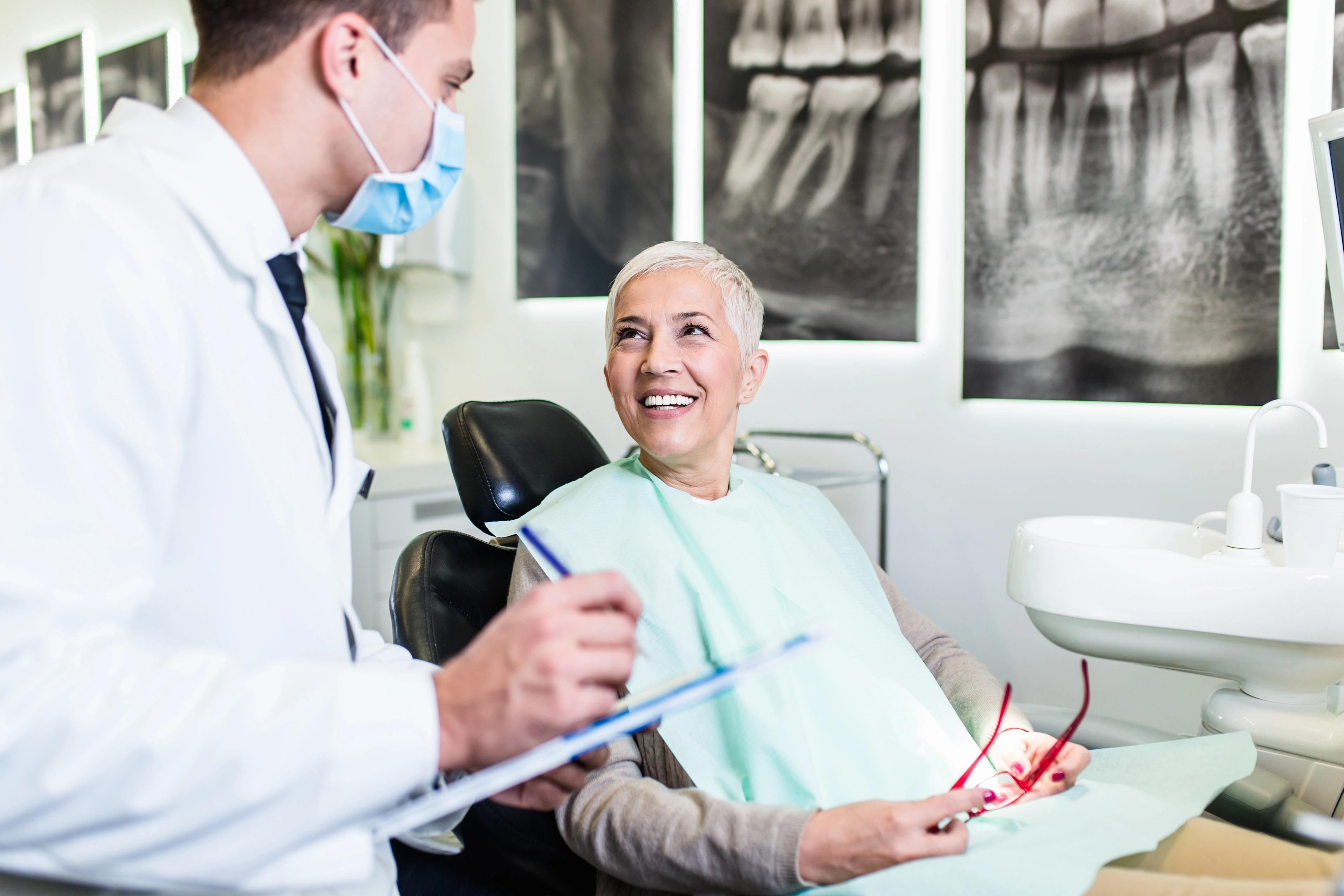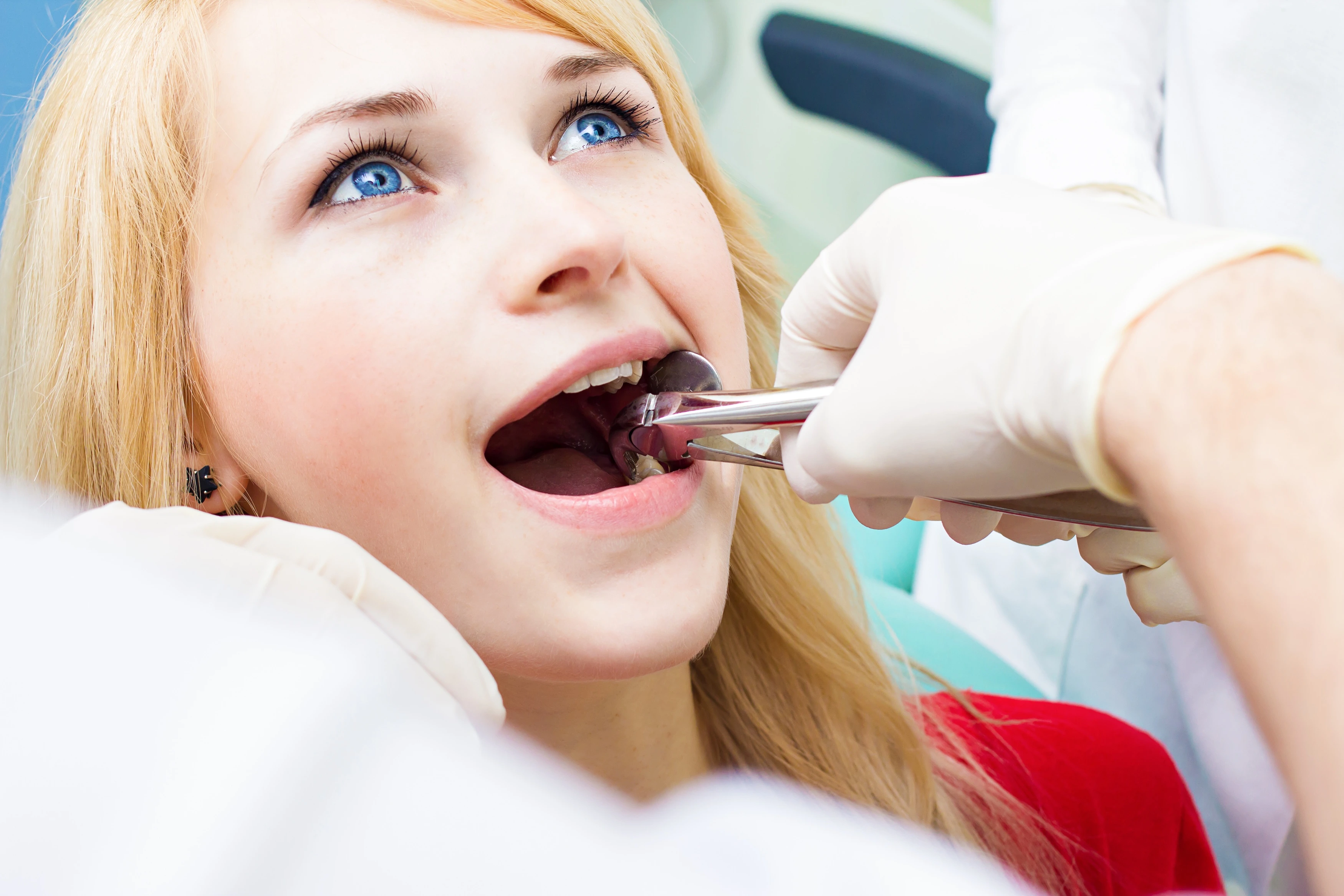Recovering from Wisdom Tooth Surgery
Having your wisdom teeth removed is a common procedure that helps prevent overcrowding, pain, and infection. While the surgery is routine, the recovery period is just as important for long-term comfort and healing. At Legacy Dental Pasadena, we provide every patient with detailed post-operative care instructions to make sure healing is smooth and stress-free.
Here’s what you can expect after your wisdom tooth surgery and how to take the best care of yourself during recovery.
Common Post-Operative Conditions
It is completely normal to experience some mild symptoms after wisdom tooth removal as your body heals. These side effects are temporary and usually improve within a few days.
You may notice:
- Limited ability to open your mouth due to muscle stiffness or swelling.
- Slight bruising or discoloration of the skin near your jaw or cheeks.
- Numbness around the lips, chin, or corners of your mouth.
- A mild sore throat or difficulty swallowing.
- Aching or soreness in nearby teeth.
- Dryness or chapped corners of the mouth, which can be treated with Vaseline or Neosporin.
- Slight temperature elevation (up to 1.5 degrees above normal).
- Nausea, which can occur from pain medication or swallowing blood.
- Small fragments of bone that may loosen and work their way through the gum as healing progresses.
All of these conditions are normal signs that your body is adjusting and healing. If any symptoms worsen or last longer than expected, contact Legacy Dental Pasadena for follow-up care.
The First 24 Hours After Surgery
The first day after your procedure is critical for proper healing. During this period, the body forms blood clots at the extraction sites, which protect the bone and promote recovery.
To protect the healing area and minimize discomfort, follow these steps carefully.
Managing Bleeding
Light bleeding or oozing is normal for up to 24 hours. Here’s how to control it:
- Bite gently on a piece of gauze for 30 to 40 minutes.
- Replace the gauze as needed until bleeding slows.
- Do not eat, drink, or sleep with gauze in your mouth.
- If bleeding continues, use a damp tea bag to encourage clotting.
When resting, keep your head elevated with two or three pillows. Lying flat can increase bleeding.
Hygiene and Mouth Care
Avoid rinsing or brushing your teeth on the day of surgery. Starting the following morning, you may begin gentle brushing and flossing, but avoid the surgical areas. Rinse your mouth with warm salt water (1 teaspoon of salt in 8 ounces of water) three to four times daily for the first week.
Do not use mouthwash, as it can irritate the area and slow healing.
Food and Drinks
You may drink non-alcoholic beverages after surgery. Wait until the numbness wears off before eating to avoid biting your tongue or cheeks.
Stick to soft, cool, or room-temperature foods for the first 24 to 48 hours. Avoid chewing near the extraction site and resume solid foods gradually.
Foods to Avoid
- Spicy or crunchy foods
- Hot foods or drinks
- Popcorn and pretzels
- Alcohol
- Seeds and nuts
Recommended Soft Foods
- Yogurt and applesauce
- Mashed potatoes and pudding
- Soft scrambled eggs
- Oatmeal and cottage cheese
- Smoothies and protein shakes
- Soup that is warm, not hot
- Bananas, tofu, and pureed vegetables
Avoid using straws for at least 24 hours, as suction can dislodge the protective clot and lead to a painful condition called dry socket.
Pain and Swelling Control
Swelling typically peaks around 48 hours after surgery and gradually decreases. Mild discomfort is expected, but it can be easily managed with proper care.
- Apply an ice pack to the outside of your face for 20 minutes on, then 20 minutes off during the first day.
- Take prescribed pain medication or over-the-counter Ibuprofen as directed.
- If nausea occurs, take your medication with food or switch to Extra Strength Tylenol as advised.
- Avoid Aspirin, as it may increase bleeding.
- Refrain from smoking or drinking alcohol while taking narcotic medication.
Everyone heals at a different pace. Following these guidelines will help reduce pain and speed up recovery.
48 Hours After Surgery
After the first two days, you should begin to feel gradual improvement. At this stage, it’s important to continue resting and avoid strenuous activity.
Key guidelines for 48 hours after surgery:
- Rest as much as possible and avoid heavy physical exertion for two to three days.
- Postpone exercise or intense movement for five to seven days.
- Avoid smoking, as it can delay healing and increase the risk of infection.
- After 48 hours, you may apply a moist heat pack to the outside of your face to relax stiff muscles and reduce swelling.
Your comfort should continue to improve each day as the healing process progresses.
Sinus Care Instructions
If your wisdom teeth were in the upper jaw, your dentist may have been working near your sinus cavity. Some patients experience mild sinus congestion or pressure afterward. This is temporary and can be managed with care.
To protect your sinuses and ensure proper healing, follow these important steps:
- Use a mild decongestant or antihistamine if you feel congestion or post-nasal drip.
- Do not blow your nose for two weeks after surgery.
- Do not stifle a sneeze. If you must sneeze, open your mouth and let it out naturally to minimize pressure in your sinuses.
- Take all prescribed medications exactly as directed.
- Call Legacy Dental Pasadena if you have questions or experience unusual pressure.
- A small amount of bloody discharge from the nose within 24 hours can be normal.
By following these sinus precautions, you reduce the chance of complications and allow your body to heal comfortably.
General Healing Tips
- Keep your head elevated when resting to reduce swelling.
- Maintain gentle oral hygiene and saltwater rinses throughout the first week.
- Stay hydrated and avoid caffeinated or carbonated beverages.
- Refrain from smoking or vaping for at least several days.
- Get plenty of rest and allow your body time to recover fully.
Most patients feel noticeably better within three to five days. Complete healing typically occurs within one to two weeks, depending on the complexity of your extraction.
When to Contact Your Dentist
While minor swelling and soreness are normal, you should contact Legacy Dental Pasadena immediately if you experience:
- Severe or increasing pain after the first few days
- Persistent bleeding or pus near the surgical site
- Fever over 101°F
- Numbness that lasts more than 24 hours
- Difficulty swallowing or breathing
Our team is here to ensure your recovery stays on track and that you remain comfortable throughout your healing journey.
Supporting Your Recovery
By following these instructions carefully, you can enjoy a smooth and successful recovery from wisdom tooth surgery. Taking care of your mouth during the first few days will not only reduce discomfort but also protect the surgical site and help prevent complications.
At Legacy Dental Pasadena, our goal is to make your experience positive from start to finish. If you have any concerns or need clarification about your aftercare, do not hesitate to contact our office.
Your comfort, safety, and healthy recovery are always our top priorities.
FAQ
Most patients feel better within three to five days, with full healing taking one to two weeks.
Yes. Swelling and mild bruising are common and usually peak around day two or three.
Soft foods like yogurt, mashed potatoes, eggs, smoothies, and soup are best.
You can brush the next day, but avoid the surgical areas and be gentle.
Suction can dislodge the blood clot and cause dry socket.
Use ice packs, rest, and take prescribed or recommended pain medication.
Most patients return within two to three days, depending on comfort.
Dry socket occurs when the blood clot is lost. Avoid smoking, straws, and rinsing too hard.
Light bleeding or oozing is normal for the first 24 hours.
When should I call the dentist after surgery?



